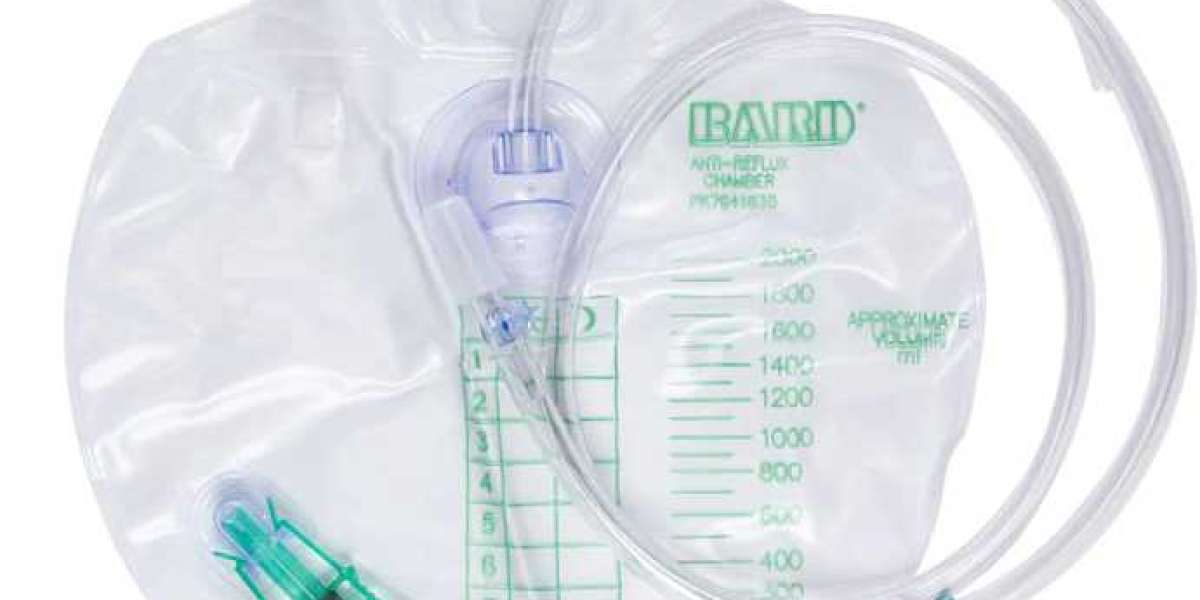1. Systemic Action for Comprehensive Protection
Acetamiprid 20% is a systemic insecticide absorbed into the plant's vascular system and protects within. This feature ensures pests are controlled across the entire plant, including areas that are difficult to reach with surface sprays.
Systemic protection is advantageous for crops like vegetables and fruits, where pests often hide under leaves or burrow into stems. By targeting pests internally, acetamiprid offers long-lasting and thorough control.
2. Broad-Spectrum Efficacy
Acetamiprid 20% effectively manages many pests, including aphids, whiteflies, thrips, and leafhoppers. This broad-spectrum action reduces the need for multiple insecticides, saving farmers time and money.
Quick Tip:
Products like Acedok 20 - Acetamiprid 20% SP are widely used due to their consistent performance against these pests. Farmers looking for an all-in-one solution find acetamiprid a reliable choice.
3. Suitable for a Variety of Crops
One of the standout features of acetamiprid 20% is its compatibility with multiple crop types. It works effectively on vegetables, fruits, and flowers, making it a versatile option for farmers with diverse farming systems.
For instance, it protects tomatoes, cucumbers, and peppers in vegetable farming while safeguarding delicate flowers like roses and chrysanthemums. In fruit orchards, acetamiprid prevents blemishes and ensures market-ready produce.
4. Long-Lasting Residual Effect
The systemic nature of acetamiprid ensures that plants remain protected for an extended period, reducing the frequency of reapplications. This residual effect saves time and minimizes labor costs for farmers.
"Efficiency in pest management is about choosing tools that work smarter, not harder, for sustainable farming."
5. Low Risk to Non-Target Species
When used responsibly, acetamiprid poses a lower risk to beneficial insects like bees and ladybugs than conventional insecticides. This makes it a safer option for farms that rely on pollinators and biological pest control methods.
Farmers are encouraged to apply acetamiprid early in the morning or late evening to minimize exposure to pollinators and ensure a balanced ecosystem.
6. Quick Knockdown and Control
Acetamiprid works quickly to reduce pest populations, preventing further damage to crops. Its rapid action is significant during severe infestations, where swift intervention can save a harvest.
This feature provides peace of mind to farmers, knowing their crops are protected shortly after application.
Statistical Insight:
Studies have shown that acetamiprid can reduce pest populations by up to 85% within a week of application, significantly improving crop health.
7. Easy Application Methods
Farmers appreciate acetamiprid 20 SP insecticide for its user-friendly application process. Whether applied as a foliar spray or through soil drenching, the process is straightforward and adaptable to different farming setups.
Acetamiprid’s flexibility makes it accessible to small-scale farmers and large commercial operations, ensuring its widespread use across various agricultural practices.
8. Cost-Effective Solution
For farmers managing tight budgets, acetamiprid offers an economical option for pest control. Its ability to target multiple pests and its long-lasting effects mean fewer applications and less expenditure on additional products.
Acetamiprid's cost-effectiveness is especially valuable for farmers cultivating high-value crops like fruits and flowers, where pest damage can lead to significant financial losses.
9. Compatible with Integrated Pest Management (IPM)
Acetamiprid integrates seamlessly into Integrated Pest Management (IPM) strategies. Its targeted action complements biological controls, such as introducing beneficial insects and cultural practices like crop rotation.
Farmers using acetamiprid as part of an IPM system report improved pest management efficiency and reduced reliance on chemical inputs, supporting long-term agricultural sustainability.
Fact:
Farmers adopting IPM strategies with acetamiprid have reported a 40% reduction in overall pesticide usage without compromising pest control outcomes.
10. Reliable Market Availability
Acetamiprid is widely available and trusted by agricultural professionals. Products like acetamiprid 20 SP are readily accessible, providing farmers with a reliable supply for pest management.
Having dependable access to effective products ensures farmers can act promptly when pests threaten their crops, minimizing potential losses.
A Future Built on Innovation and Sustainability
Acetamiprid 20% insecticide is a game-changer in modern agriculture, offering unmatched benefits in pest management. Its combination of effectiveness, safety, and versatility makes it an invaluable tool for farmers worldwide. As agricultural practices evolve, acetamiprid remains at the forefront, empowering farmers to achieve healthier crops, higher yields, and more sustainable farming systems.



